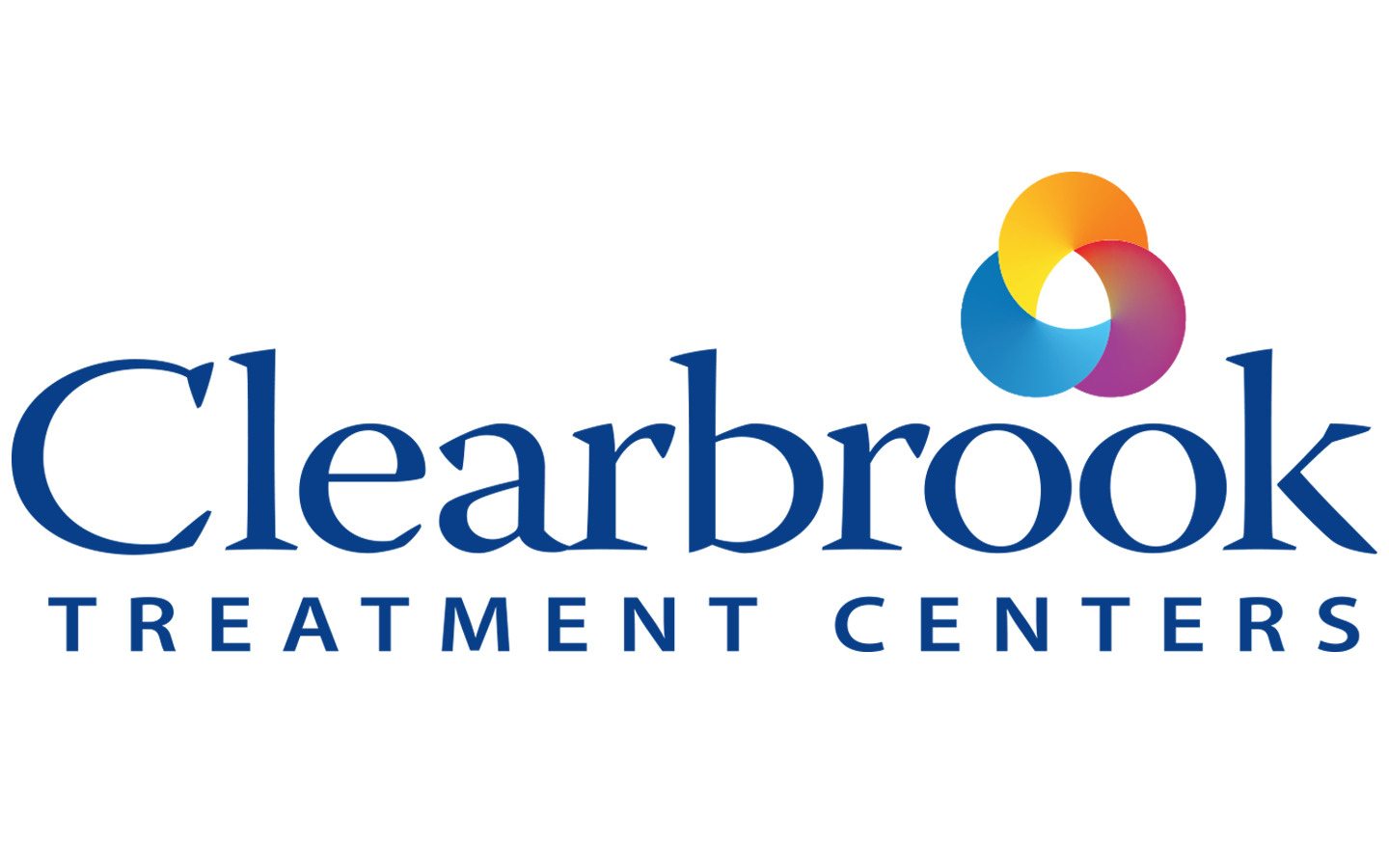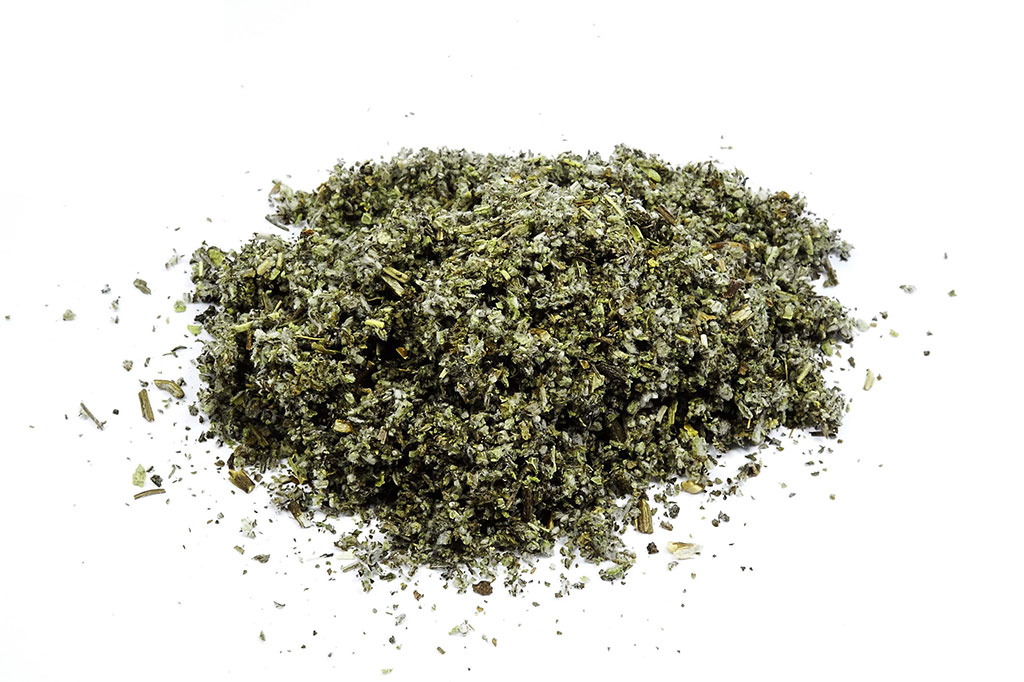
Challenges of Addiction Treatment for Women
April 12, 2024
A Public Statement from Clearbrook, INC.
April 12, 2024When dealing with substance abuse, sometimes the hardest decision to make is to get help. It can be scary, but knowing exactly what to expect can help to ease apprehension. Many people have preconceived notions about what goes on during detox and rehab, but often times these ideas aren’t based on fact, or they’re based on someone else’s experience. The truth is that detox and withdrawal are different for everyone, and is a crucial step toward recovery. Here are several things that you should know before starting a detox program.
Our admissions coordinators are available 24/7 to answer any questions you may have as you consider whether treatment at Clearbrook Treatment Center is right for you or your loved one.
Detox is a CRUCIAL first step.
Why go to a medically supervised detox before rehab? There are several reasons. The first reason is so that you don’t have to go through withdrawal on your own. Fear of withdrawal prevents many addicts from seeking the help that they need. They may know someone who has gone through it or maybe even have gone through it before themselves. Once a drug is stopped, the body starts to withdraw from all of the toxins which can cause some unpleasant physical symptoms. Symptoms vary depending on the type of drug/drugs used, how much, and for how long. Withdrawal can be uncomfortable or even painful, and may even be fatal if attempted without medical supervision. A detox program will provide you with 24/7 support and supervision.
Detox requires medical supervision.
Acute physical withdrawal symptoms can be managed safely and effectively in a medical setting, whereas when attempted unsupervised over 95% of addicts relapse before detox is complete. For some patients, medication is required in order to relieve some of the more severe symptoms. For example, alcohol detox, in particular, can result in some severe symptoms such as severe confusion, hallucinations, increase in blood pressure, seizures, delirium tremens, and even cardiovascular collapse. It’s important that while going through withdrawal you are surrounded by skilled medical professionals that have experience with drug and alcohol withdrawal symptoms.
Each drug has a different withdrawal cycle.
Some drugs produce strong, acute symptoms while others produce more emotional or psychological ones. Here are some different substances and the withdrawal symptoms that they can induce:
- Alcohol: anxiety, sweating, nausea, vomiting, seizures or convulsions
- Opiates: insomnia, diarrhea, vomiting, muscle or joint pain, sweating
- Cocaine: Irritability, anxiety, paranoia, agitation, loss of appetite
- Bath salts: fatigue, aggression, violent outburst, depression
- Methamphetamines: severe depression, hallucinations, anxiety
- Spice/Synthetic Marijuana: nausea, vomiting, anxiety, suicidal thoughts or actions, violent behavior
You cannot begin rehab until detox is complete.
You must be free from all drug toxins in order to receive effective treatment and counseling. You can’t focus on your recovery while you’re dealing with the physical symptoms of withdrawal, some of which can be severe. At this phase, your body is cleansing itself of toxins and trying to get back to normal. You need to be able to rest and allow your physical self to heal before you begin the emotional and mental healing. For the best chance of success, you need to be able to give all of your focus to your treatment. Separating detox and recovery treatment also increases the success rate of longtime sobriety.
Detox is only a part of the process.
Some believe that once the drugs are out of your system, it’s not necessary to complete any form of rehab, but that couldn’t be further from the truth. Rehabilitation is the most important part of the journey. This is the phase in which you’ll be given the tools that are needed to live a meaningful and sober life. You’ll receive both individual and group counseling and learn new coping mechanisms to deal with life’s stressors without resorting to drugs or alcohol. You’ll also have support and supervision around the clock helping you to maintain your newfound sobriety.
There is no set amount of time for a detox.
Each person’s addiction is different, and therefore each person’s detox will be different as well. The length of detox depends on the substances used and how long they were used for. For example, heroin is removed from the system relatively quickly and symptoms can show up in as little as 12 hours. Physical detox can take only 2 or 3 days, but the emotional symptoms can last much longer. Sometimes, drugs like benzodiazepines and alcohol can take much longer to detox from. Each person experiences different withdrawal symptoms as well and should be managed on a case by case basis in a medically supervised setting.
Relapsing after detox can make it more difficult the next time around.
You’re more likely to fatally overdose after detoxing. Once the toxins are out of your system, your body will not be able to metabolize the same amount that it used to and this decreased tolerance can easily lead to an overdose. This is sometimes referred to as “reverse tolerance.” Even someone who has used for years can easily underestimate what their body can handle and ingest too much. One thing often heard by survivors of an overdose is “I thought I knew what I was doing and how much I could take.”
You may need multiple attempts to successfully complete detox.
The process is difficult, and it’s true that not everyone is successful the first time around. If you’ve been through it before and relapsed, it doesn’t mean that you are beyond help or that rehab won’t work for you. Don’t be discouraged or let past bad experiences stand in the way of you leading a better life.
Get a Free Insurance Verification Today!
"*" indicates required fields
Contact Clearbrook Today For Detox & Rehab Services
At Clearbrook Treatment Centers, we understand that there are many challenges when dealing with drug or alcohol detoxification and withdrawal. The journey towards recovery is different for everyone, and your treatment should be personalized as well. We have 45 years of experience successfully treating those struggling with addiction, and ultimately help them lead sober and fulfilling lives.
If you or someone you love is suffering from drug or alcohol addiction and you would like to learn more about how Clearbrook can help, please contact our Admissions Specialists today. If you need to speak with someone now please call us at (570) 536-9621.






